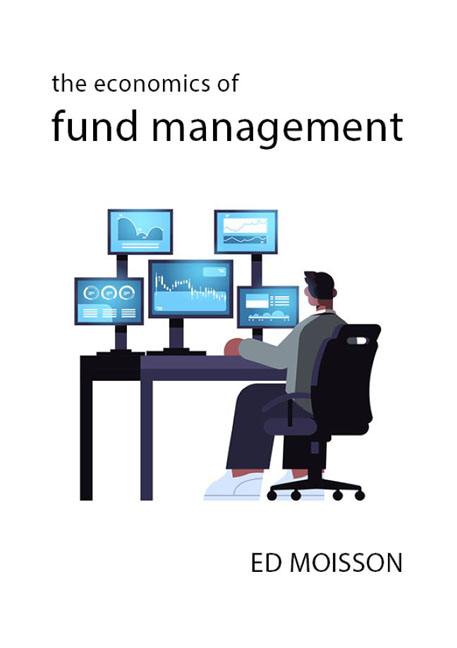Book contents
- Frontmatter
- Contents
- Preface and Acknowledgements
- Acronyms and Abbreviations
- 1 Introduction
- 2 Organization
- 3 Business Model
- 4 Managing Money
- 5 Stars and Scandals
- 6 Purpose and Sustainability
- 7 Regulations and Responsibilities
- 8 Sales and Products
- 9 Fees and Charging
- 10 Conclusions and the Future: Have We Reached Peak Mutual Fund?
- Glossary
- References
- Tables and Figures
- Index
- Frontmatter
- Contents
- Preface and Acknowledgements
- Acronyms and Abbreviations
- 1 Introduction
- 2 Organization
- 3 Business Model
- 4 Managing Money
- 5 Stars and Scandals
- 6 Purpose and Sustainability
- 7 Regulations and Responsibilities
- 8 Sales and Products
- 9 Fees and Charging
- 10 Conclusions and the Future: Have We Reached Peak Mutual Fund?
- Glossary
- References
- Tables and Figures
- Index
Summary
With so many funds available, and new launches coming to market so regularly, one might expect intense price competition among funds in the UK and Europe. But the European fund management industry is different. Cutting fees to attract clients is barely, if ever, used by active fund managers. For most firms, to take this approach would be to tacitly admit that their performance, or expected future performance, is not as good as their rivals. Regardless of the reality, the possibility that this could be suggested is enough to stop most active firms from taking this step. Index-tracking funds, on the other hand, do compete on price, which in turn puts competitive pressure on active asset managers to demonstrate that it is worth paying more for potentially higher returns. Trying to unpick the reasons for the limits of price competition in the industry touches on both the way fee structures are determined for active funds and the way funds are distributed in Europe.
How funds ignore the law of demand
As we briefly discussed in Chapter 1, the law of demand suggests that the higher the price of a product, the less will be demanded, all other things being equal, while the lower the price of a product, the more people can afford it and so will purchase more of it. The ways in which the funds industry does not abide by this law are explored below.
Firstly, funds do not have a price tag that is distinct from a client's investment. Clients’ investments in a fund are collectively used to pay for the costs the fund incurs. A fund pays these costs, such as those for its management, from its assets on a daily basis. These costs are then presented as an annualized percentage charge to investors. For example, if a fund manager's investments generate an annual return of 7 per cent over one year and the fund incurs costs equivalent to 1 per cent of its assets over that year, then the fund’s investors receive a return of 6 per cent over the year (7 per cent less the 1 per cent costs). So a fund's charge reduces the return it generates by that amount every year.
- Type
- Chapter
- Information
- The Economics of Fund Management , pp. 187 - 218Publisher: Agenda PublishingPrint publication year: 2022



